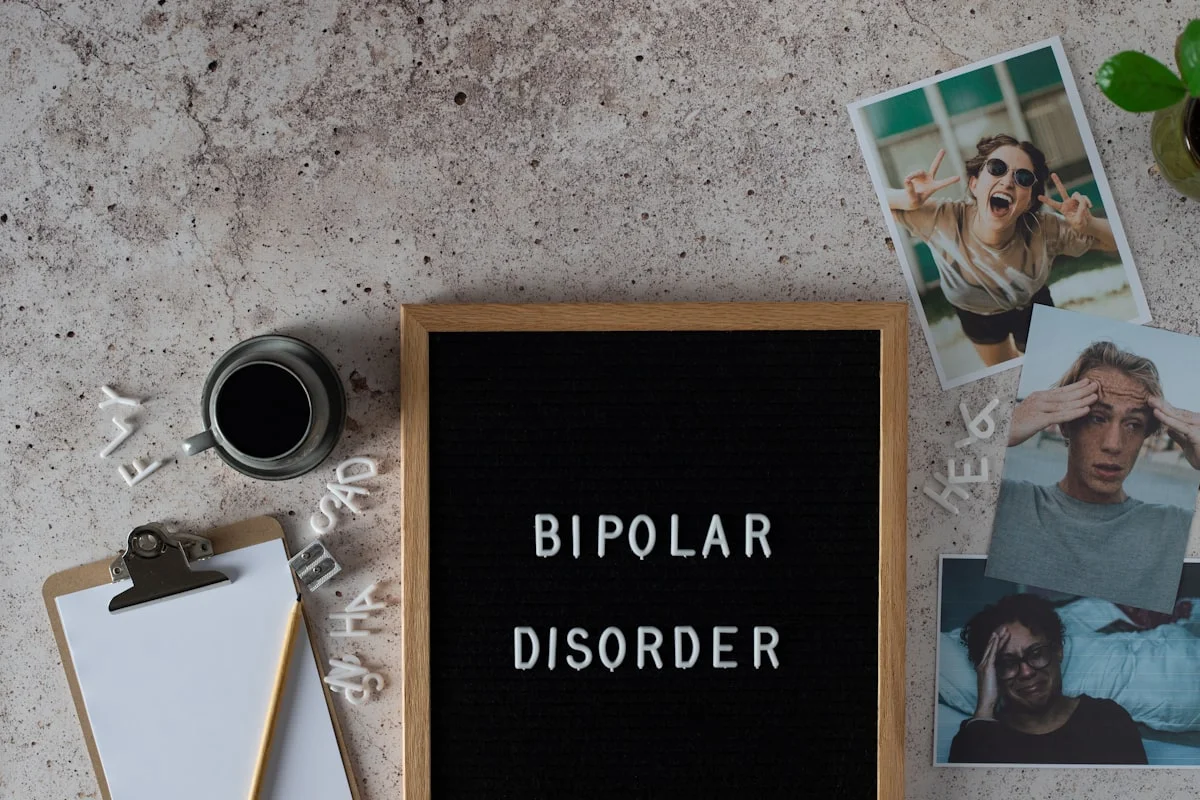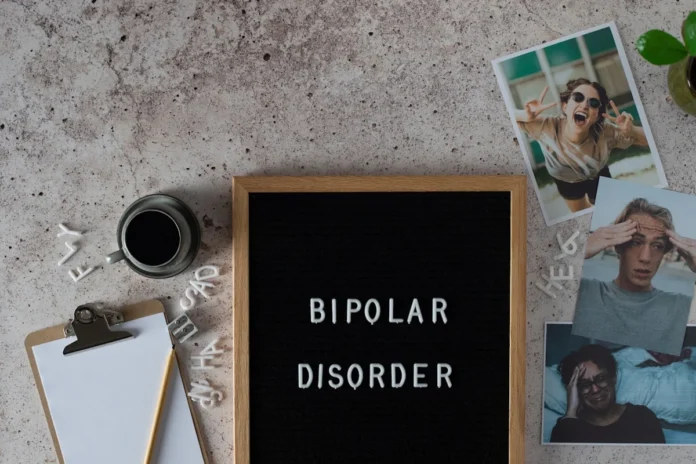“`html
Dating someone with bipolar disorder can be a deeply rewarding experience, but it also comes with unique challenges. Understanding the condition, practicing patience, and fostering open communication are key to building a healthy and supportive relationship. Whether you’re new to dating someone with bipolar disorder or looking to strengthen an existing relationship, these tips can help you navigate the journey with empathy and care.

Understanding Bipolar Disorder
Bipolar disorder is a mental health condition characterized by extreme mood swings, including emotional highs (mania or hypomania) and lows (depression). These shifts can affect energy levels, behavior, and the ability to carry out daily tasks. It’s important to recognize that bipolar disorder exists on a spectrum, and symptoms can vary widely from person to person. Some individuals experience rapid cycling between moods, while others may have longer periods of stability between episodes.
Educating yourself about the condition is the first step toward being a supportive partner. Reliable sources such as medical journals, mental health organizations, and books written by experts can provide valuable insights. Avoid making assumptions based on stereotypes or media portrayals, as these often oversimplify the reality of living with bipolar disorder. Instead, focus on learning how your partner personally experiences their symptoms and what strategies help them manage their condition.
Communication Is Key
Open and honest communication is the foundation of any strong relationship, but it becomes even more crucial when one partner has bipolar disorder. Encourage discussions about feelings, triggers, and needs without judgment. Let your partner know they can talk to you about their experiences, whether they’re in a manic, depressive, or stable phase.
Active listening plays a significant role in effective communication. Instead of offering immediate solutions, sometimes the best support you can provide is simply being present and validating their emotions. Ask open-ended questions like, “How can I best support you right now?” rather than making assumptions about what they need. Establishing a safe space for dialogue helps build trust and ensures both partners feel heard and understood.
Recognizing and Responding to Episodes
Being able to recognize the signs of manic or depressive episodes can help you respond appropriately and provide the right kind of support. During manic phases, your partner might exhibit increased energy, impulsivity, or grandiosity. In depressive episodes, they may withdraw, lose interest in activities, or struggle with low energy and motivation.
It’s essential to approach these situations with patience and compassion. Avoid criticizing or dismissing their feelings, as this can create tension. Instead, gently remind them of coping strategies that have worked in the past, such as sticking to a routine, engaging in light exercise, or reaching out to their therapist. If they’re open to it, you can also help them track their moods to identify patterns and potential triggers.
Supporting Treatment and Self-Care
Treatment for bipolar disorder often includes a combination of medication, therapy, and lifestyle adjustments. Supporting your partner in adhering to their treatment plan can make a significant difference in their well-being. Encourage them to attend therapy sessions, take prescribed medications consistently, and maintain healthy habits like regular sleep, balanced nutrition, and stress management.
At the same time, it’s important to respect their autonomy. Avoid taking on a parental role or making decisions for them unless they explicitly ask for help. Instead, offer gentle reminders and express your concern in a way that feels collaborative rather than controlling. For example, you might say, “I noticed you’ve been feeling really tired lately—would it help if we planned an earlier bedtime together?”
Setting Healthy Boundaries
While being supportive is vital, it’s equally important to set and maintain healthy boundaries to protect your own mental and emotional well-being. Dating someone with bipolar disorder can sometimes feel overwhelming, especially if their mood swings are intense or unpredictable. Recognize that you are not responsible for “fixing” their condition or managing their emotions for them.
Communicate your boundaries clearly and kindly. For instance, if you need time to recharge after a difficult conversation, let your partner know in advance. Boundaries might also include agreeing on strategies for handling conflicts or deciding when to involve a mental health professional during a crisis. A balanced relationship requires mutual respect and understanding from both partners.
Practicing Patience and Empathy
Living with bipolar disorder can be challenging, and your partner may have days when they struggle more than others. Practicing patience and empathy helps create a nurturing environment where they feel accepted and valued. Avoid taking mood swings personally—remind yourself that their emotions are influenced by their condition, not by anything you’ve done.
At the same time, acknowledge your own feelings and needs. It’s okay to feel frustrated or exhausted at times, and seeking support for yourself through therapy or support groups can be beneficial. A strong relationship is built on mutual care, where both partners feel supported in their individual journeys.
Planning for the Future Together
While bipolar disorder may present challenges, it doesn’t have to define your relationship or limit your future together. Many people with bipolar disorder lead fulfilling lives with the right support and treatment. Discuss your long-term goals as a couple, whether that includes living arrangements, career aspirations, or family planning.
Having a crisis plan in place can also provide peace of mind. Work together to outline steps to take if a severe episode occurs, including emergency contacts, healthcare providers, and coping strategies. Knowing you have a plan can reduce anxiety for both of you and ensure you’re prepared to handle difficult situations with confidence.
Conclusion
Dating someone with bipolar disorder requires understanding, flexibility, and a commitment to mutual growth. By educating yourself, fostering open communication, and practicing empathy, you can build a loving and resilient relationship. Remember that every individual’s experience with bipolar disorder is unique, so the most important thing you can do is listen, support, and grow together. With patience and care, your relationship can thrive despite the challenges.
“`



